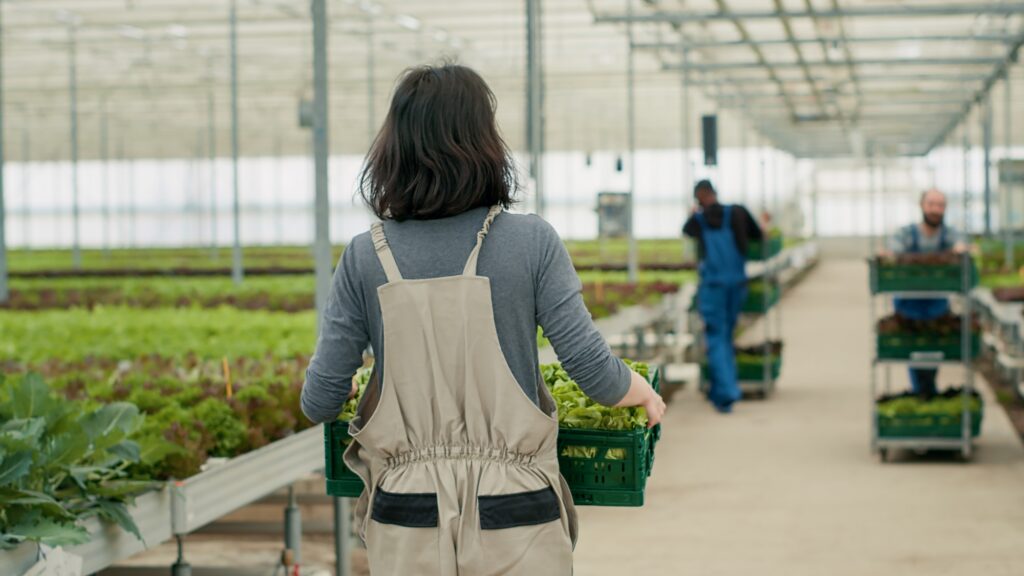Sustainable farming practices are becoming increasingly important as we face challenges such as climate change, soil depletion, and loss of biodiversity. Organic farming is one of the most sustainable practices, promoting healthy soil, clean water, and biodiversity. Here are some ways that organic farming practices can help the environment:
- Healthy Soil: Organic farming promotes healthy soil by using practices such as crop rotation, cover cropping, and composting. These practices help to build soil fertility and structure, which can increase water-holding capacity and reduce erosion. Healthy soil also supports the growth of healthy plants, which can resist pests and diseases without the need for synthetic pesticides and fertilizers.
- Clean Water: Organic farming practices can help to protect water quality by reducing runoff and leaching of pollutants. For example, cover crops can help to reduce soil erosion and runoff, while organic fertilizers can reduce the leaching of nutrients into waterways. Organic farming also promotes the use of natural pest control methods, which can reduce the need for synthetic pesticides that can contaminate water.
- Biodiversity: Organic farming practices promote biodiversity by creating habitat for a range of beneficial organisms, such as pollinators and predators of pests. This can help to reduce the need for synthetic pesticides and fertilizers, which can harm beneficial organisms as well as pests. Organic farmers also often use crop rotation and intercropping to promote biodiversity and reduce the spread of diseases.
- Carbon Sequestration: Organic farming practices can help to sequester carbon in the soil, which can help to mitigate climate change. Healthy soil with high levels of organic matter can store more carbon than degraded soil. Organic farming practices also reduce the use of fossil fuels by promoting natural methods of pest and disease control and reducing the need for synthetic fertilizers.
- Human Health: Organic farming practices promote human health by reducing exposure to synthetic pesticides and fertilizers, which have been linked to a range of health problems. Organic produce also tends to have higher levels of nutrients and antioxidants than conventionally grown produce, which can promote good health and reduce the risk of chronic diseases.
In conclusion, organic farming practices can help to promote sustainability and protect the environment. By promoting healthy soil, clean water, biodiversity, carbon sequestration, and human health, organic farming can help to address some of the most pressing challenges of our time. So next time you choose organic produce, you are not only promoting your own health, but also the health of the planet.


